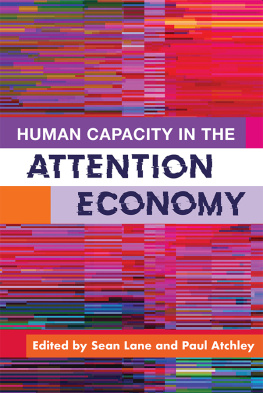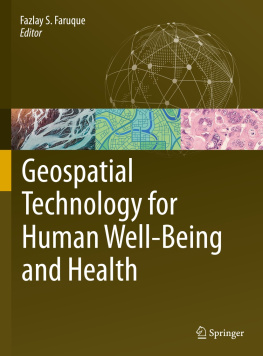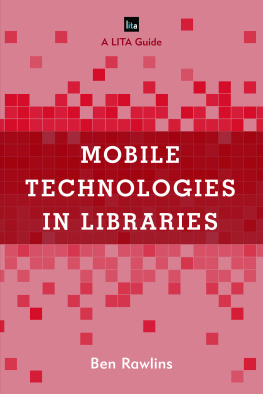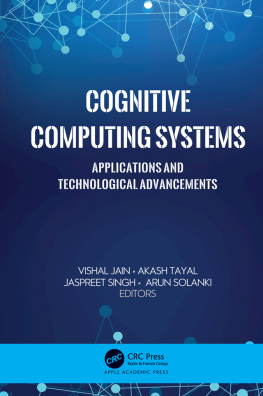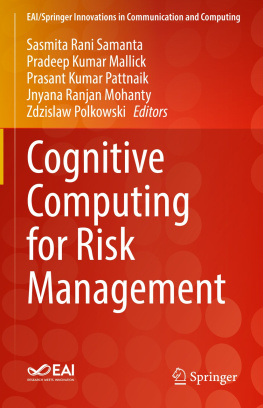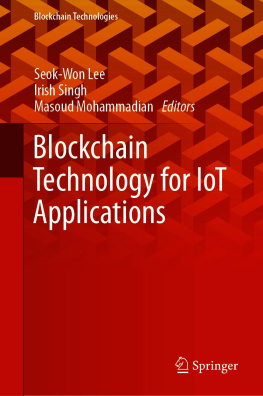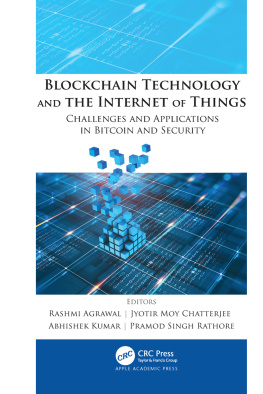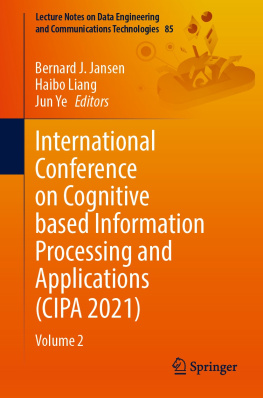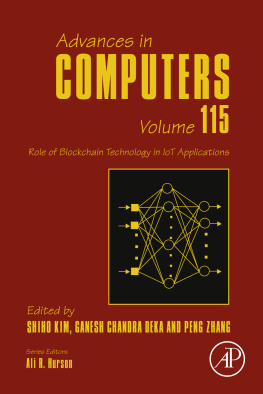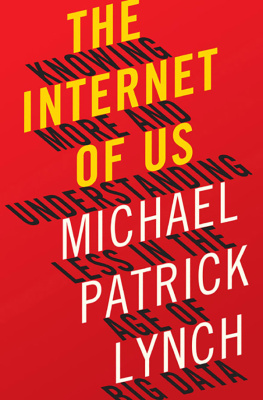Copyright 2021 by the American Psychological Association. All rights reserved. Except as permitted under the United States Copyright Act of 1976, no part of this publication may be reproduced or distributed in any form or by any means, including, but not limited to, the process of scanning and digitization, or stored in a database or retrieval system, without the prior written permission of the publisher.
Electronic edition published 2021.
ISBN: 978-1-4338-3246-8 (electronic edition).
The opinions and statements published are the responsibility of the authors, and such opinions and statements do not necessarily represent the policies of the American Psychological Association.
In the U.K., Europe, Africa, and the Middle East, copies may be ordered from Eurospan
Names: Lane, Sean M., editor. | Atchley, Paul, editor.
Title: Human capacity in the attention economy / edited by Sean Lane and Paul Atchley.
Description: Washington, DC : American Psychological Association, [2021] | Includes bibliographical references.
Identifiers: LCCN 2020012941 (print) | LCCN 2020012942 (ebook) | ISBN 9781433832079 (paperback) | ISBN 9781433832468 (ebook)
Subjects: LCSH: Cognitive science. | Information technologyPsychological aspects. | Information societyPsychological aspects.
Contributors
Paul Atchley, PhD, Department of Psychology, University of South Florida, Tampa, FL, United States
Ruth Ann Atchley, PhD, Department of Psychology, University of South Florida, Tampa, FL, United States
Francesco Biondi, PhD, Faculty of Human Kinetics, University of Windsor, Windsor, Ontario, Canada
Joel M. Cooper, PhD, Department of Psychology, The University of Utah, Salt Lake City, UT, United States
Douglas Getty, BS, Learning Research & Development Center, University of Pittsburgh, Pittsburgh, PA, United States
David N. Greenfield, PhD, MS, The Center for Internet and Technology Addiction, West Hartford, CT; Department of Psychiatry, School of Medicine, University of Connecticut, Farmington, CT; and Greenfield Recovery Center, Leyden, MA, United States
Steven G. Greening, PhD, Cognitive and Brain Sciences, Department of Psychology, Louisiana State University, Baton Rouge, LA, United States
Linda A. Henkel, PhD, Department of Psychology, Fairfield University, Fairfield, CT, United States
Rachel J. Hopman, PhD, Department of Psychology, Northeastern University, Boston, MA, United States
Sean Lane, PhD, College of Arts, Humanities, and Social Sciences, University of Alabama in Huntsville, Hunstsville, AL, United States
Kacie Mennie, PhD, Department of Psychology and Behavioral Sciences, Louisiana Tech University, Ruston, LA, United States
Robert A. Nash, PhD, Department of Psychology, Aston University, Birmingham, England
Justin A. Paton, BS, Department of Psychology, Fairfield University, Fairfield, CT, United States
David L. Strayer, PhD, Department of Psychology, The University of Utah, Salt Lake City, UT, United States
Kevin Yee, PhD, Academy for Teaching and Learning Excellence and Office of Undergraduate Studies, University of South Florida, Tampa, FL, United States
Acknowledgments
We owe a debt of gratitude to the many people who made this project a reality.
We first thank the scientists who contributed to this volume for sharing their expertise, creativity, and insight about the impact of information technology on the human experience. This is a milestonenot an end pointfor a conversation that started among us more than a decade ago. We wish them all great success in their future research endeavors and look forward to our continuing discussions.
We also thank Christopher Kelaher, Kristen Knight, and the American Psychological Association Books staff. We deeply appreciate your commitment to this project and your help overcoming the challenges along the way.
Both of us acknowledge our colleagues and institutions for their support during this project. I (SL) appreciate my supportive colleagues in the Department of Psychology at Louisiana State University and, subsequently, at The University of Alabama in Huntsville. Thank you to Kacie Mennie for your help completing this project, to Daniella Cash for your assistance during its early stages, and to the graduate and undergraduate students who worked in my laboratory over the years and never failed to inspire me with their curiosity and commitment. I (PA) am grateful for the support of colleagues in the Department of Psychology at the University of Kansas and, subsequently, at the University of South Florida, Tampa.
Finally, we thank family and friends who were there for us before and during the long process of completing this volume. I (SL) thank my parents, Philip and Mary Jo Lane, for cultivating a desire to understand the world and the intellectual humility to avoid easy answers. In addition, I am deeply grateful to Barbara Basden, Maria Zaragoza, and Marcia Johnson, all of whom played a major role in my development as a scientist. Thank you, Jennifer and Brittney, for your support and encouragement. I (PA) thank my many mentors and collaborators throughout my career, with special acknowledgment to Ruth Ann, my collaborator for life.

INTRODUCTION
Defining the Issue and the Structure of This Book
PAUL ATCHLEY AND SEAN LANE
Although it is clear that the internet age has suffused modern life, what exactly is its impact? The popular answer to this question seems to fall into two camps. One is that technology has had an overwhelmingly positive effect on human beings and that life is only going to get better as technology advances (Kurzweil, 2006). The other emphasizes that this influence has primarily been negative, making us less safe and more vulnerable (Carr, 2010; Turkle, 2011b).
Books aimed toward a general audience that examine the impact of the internet age on humans present little or no theory or empirical research. One such book is Alone Together: Why We Expect More From Technology and Less From Each Other, by Sherry Turkle (2011a), which argues that in an age in which we have nearly unlimited ability to communicate with each other, we are facing a new type of social isolation. Another example is

